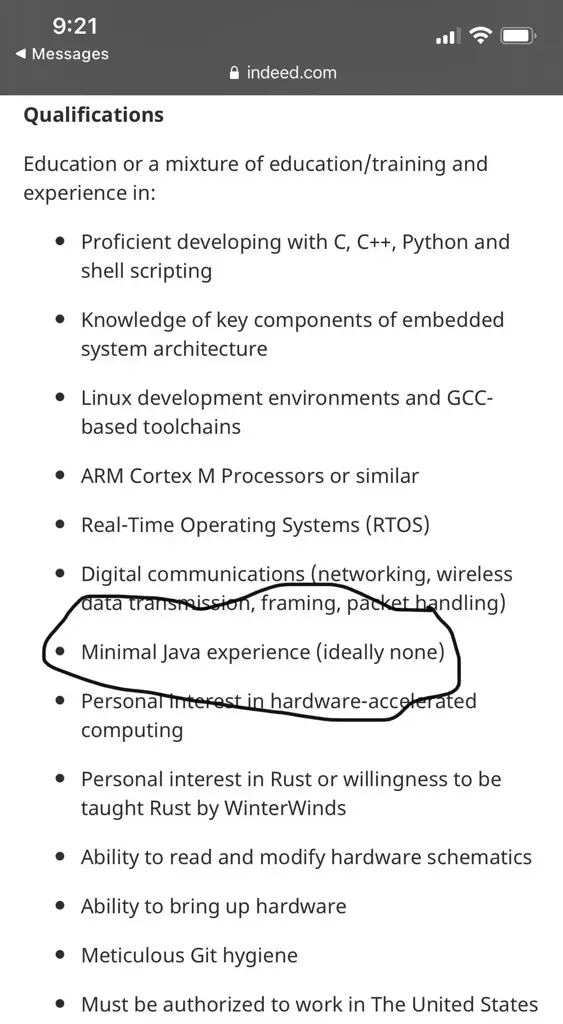this post was submitted on 07 Dec 2023
10 points (100.0% liked)
196
17566 readers
109 users here now
Be sure to follow the rule before you head out.
Rule: You must post before you leave.
Other rules
Behavior rules:
- No bigotry (transphobia, racism, etc…)
- No genocide denial
- No support for authoritarian behaviour (incl. Tankies)
- No namecalling
- Accounts from lemmygrad.ml, threads.net, or hexbear.net are held to higher standards
- Other things seen as cleary bad
Posting rules:
- No AI generated content (DALL-E etc…)
- No advertisements
- No gore / violence
- Mutual aid posts are not allowed
NSFW: NSFW content is permitted but it must be tagged and have content warnings. Anything that doesn't adhere to this will be removed. Content warnings should be added like: [penis], [explicit description of sex]. Non-sexualized breasts of any gender are not considered inappropriate and therefore do not need to be blurred/tagged.
If you have any questions, feel free to contact us on our matrix channel or email.
Other 196's:
founded 2 years ago
MODERATORS
you are viewing a single comment's thread
view the rest of the comments
view the rest of the comments

Ah, good!
I feel like there is a fundamental difference between developers with a data-centric perspective, and a function-centric perspective.
The function-centric one is about adding functionality, and it's what developers start out with. You have functions that do things, and if requirements change or the thing should be re-used - no problem, I can quickly add a new toggle parameter here or bolt it on over there. I'll be done in 5 minutes, no problem!
Then, over time, you learn that functionality isn't that interesting or difficult. Instead, the hard parts are the ones concerning the flow of data through your application. What do I know about the shape of my data in this part of my application? What can I be sure of regarding invariants over there? This forces you to build modular software without interdependencies, because - in the end - you just build a library that has small adapters to the outside world.
I like scripting languages a lot, but it's way too easy to become "good" at that style of programming, and the better you get at it, the harder it will be to actually move forward to a data-centric perspective. It's a local maximum that can trap people, sometimes for their whole career. That's why I try to look at typing experience when evaluating candidates for positions.
That's true.
It's also true in other fields. For example, take far-eastern fighting skills:
Young students will try to hit someone, to beat someone up, to hit a target, to become "stronger".
Experienced teachers, however, don't really care about hitting a target. It's all about the posture. How you stand. How you carry out your movements.